Explore how Taiwan’s new regulations are reshaping its semiconductor industry, aiming to maintain global leadership and innovation.

Taiwan has enacted significant amendments to the Industrial Innovation Act, aiming to bolster its control over the pivotal semiconductor industry. These legislative changes are designed to impose new constraints on the export and investment activities of its leading semiconductor companies, notably the Taiwan Semiconductor Manufacturing Company (TSMC).

![]()

The centerpiece of these regulations is the N-1 rule, which restricts companies from exporting their cutting-edge semiconductor manufacturing technologies. Under this rule, only technologies that are a generation behind what is available domestically can be deployed in international facilities. This stipulation implies that while TSMC can produce 2nm chips in Taiwan, it will only be able to produce 3nm chips overseas. Taiwan’s Prime Minister, Cho Jung-tai, has endorsed this policy, which is expected to impact TSMC’s expansion plans in the United States, ensuring that its latest innovations remain within Taiwan’s borders. These regulations are anticipated to take effect by the end of this year.
![]()

This initiative is driven by a clear objective: to safeguard Taiwan’s technological superiority and protect national security amid escalating geopolitical tensions and intensified competition in the global semiconductor arena. The fear is that if Taiwan loses its leading edge in semiconductor technology, it might face increased threats, including potential aggression from China.
Currently, TSMC is at the forefront of the industry with its N3P process node. The company is poised to commence production of chips using the advanced N2 process node later this year, with plans to introduce N2P and A16 processes by the close of 2026.
Beyond technology, the amendments empower the government to reject or nullify overseas investments that pose risks to national security, economic development, international agreements, or unresolved labor issues. Companies aiming to invest abroad will now require prior approval, with potential fines ranging from 50,000 to 1 million Taiwan Dollars (approximately 30,800 US Dollars) for unapproved investments. Severe or recurrent breaches could incur penalties up to 10 million Taiwan Dollars (approximately US$308,000) if they overlook national security or economic threats.
While these penalties are significant, it’s unlikely that major players like TSMC will be deterred by them. The company has already announced intentions to invest 165 billion dollars in its US operations.

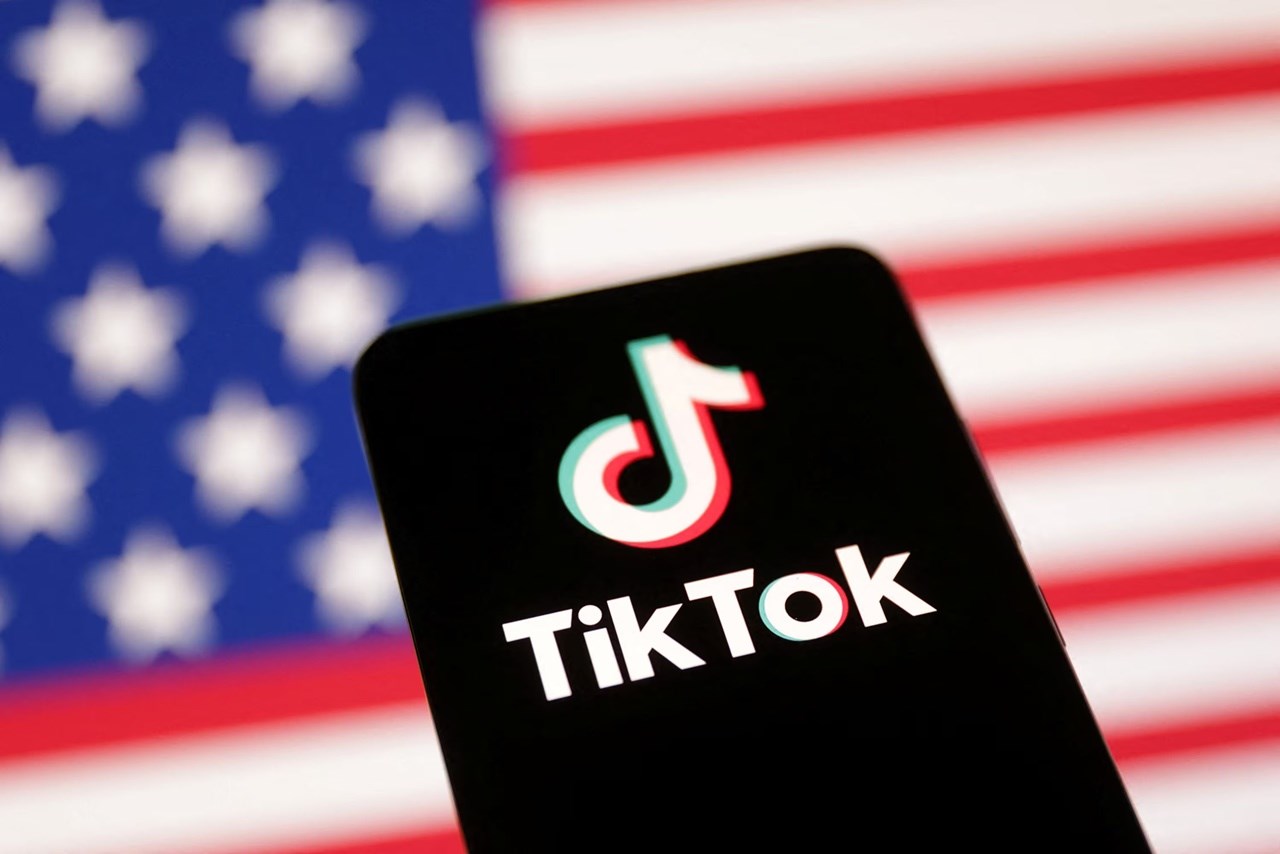



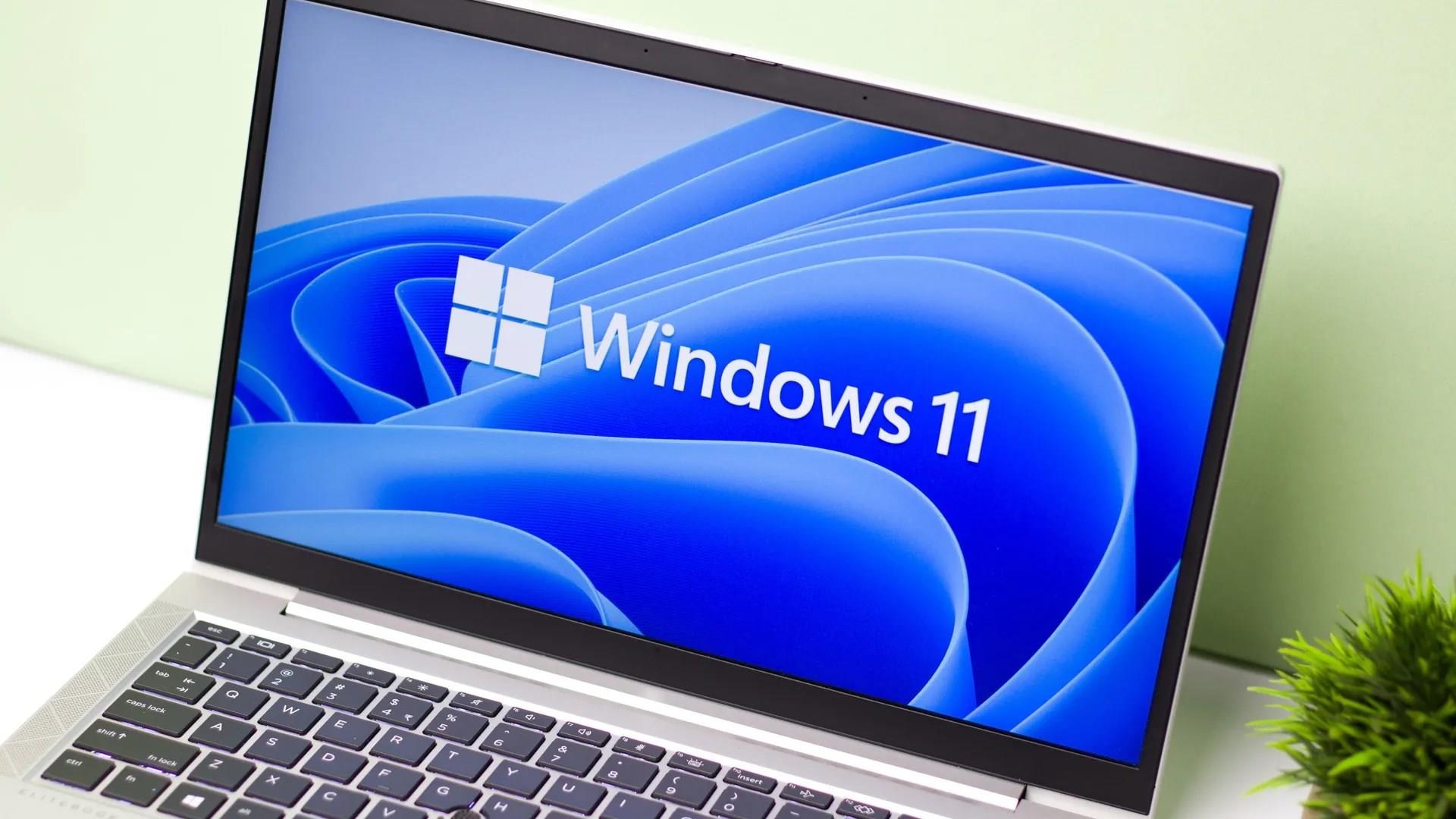

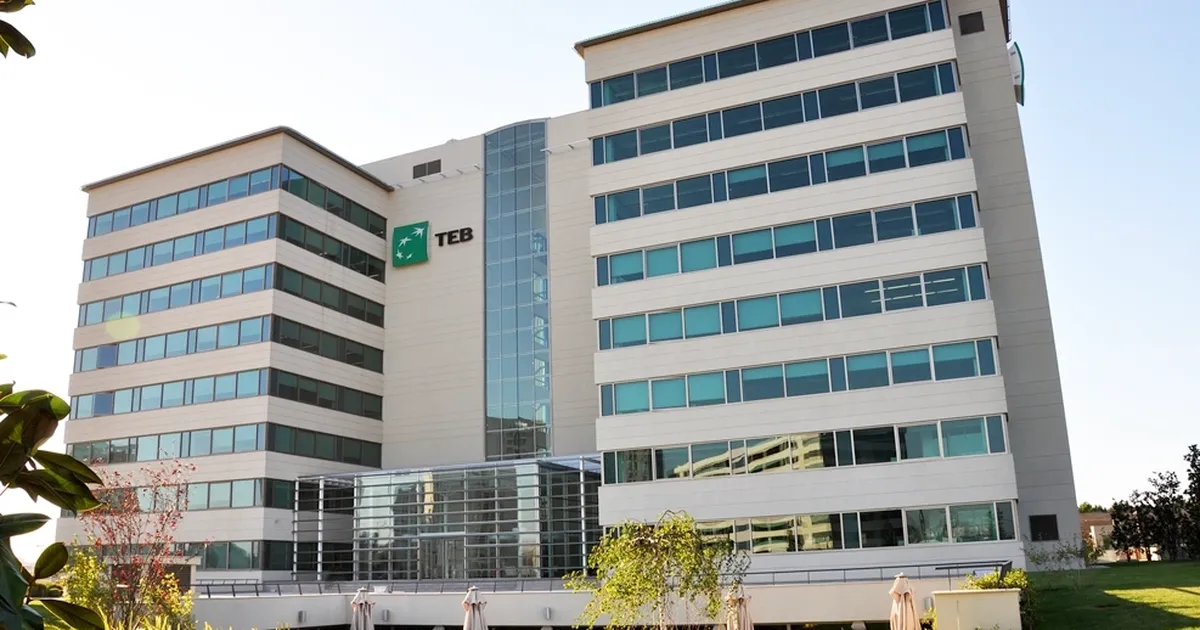




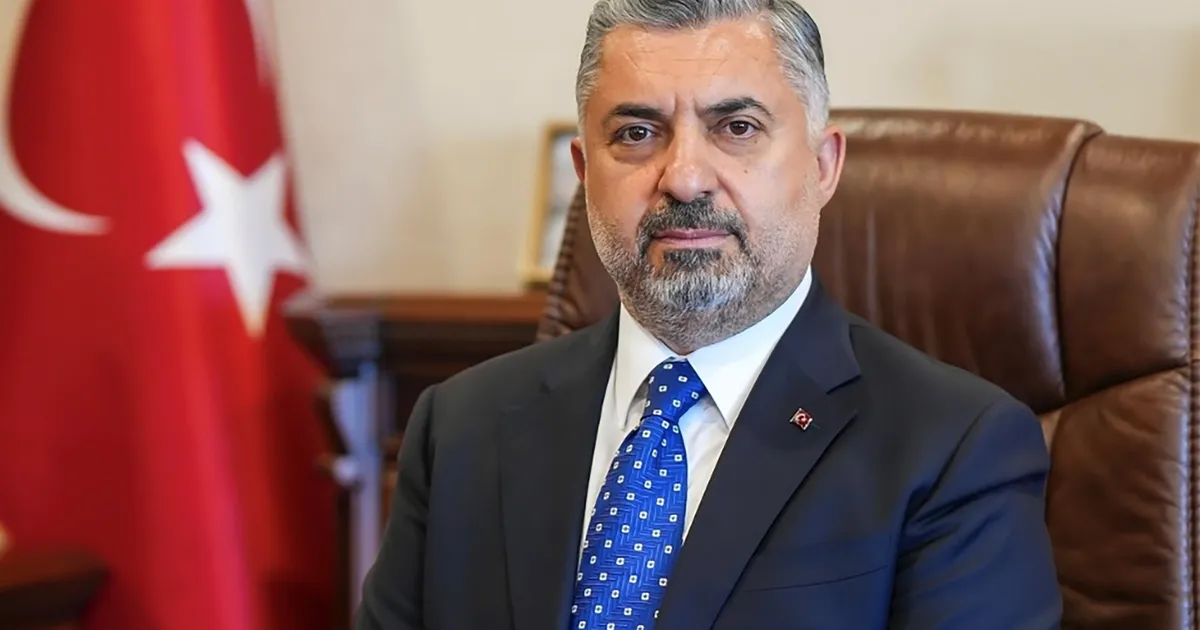




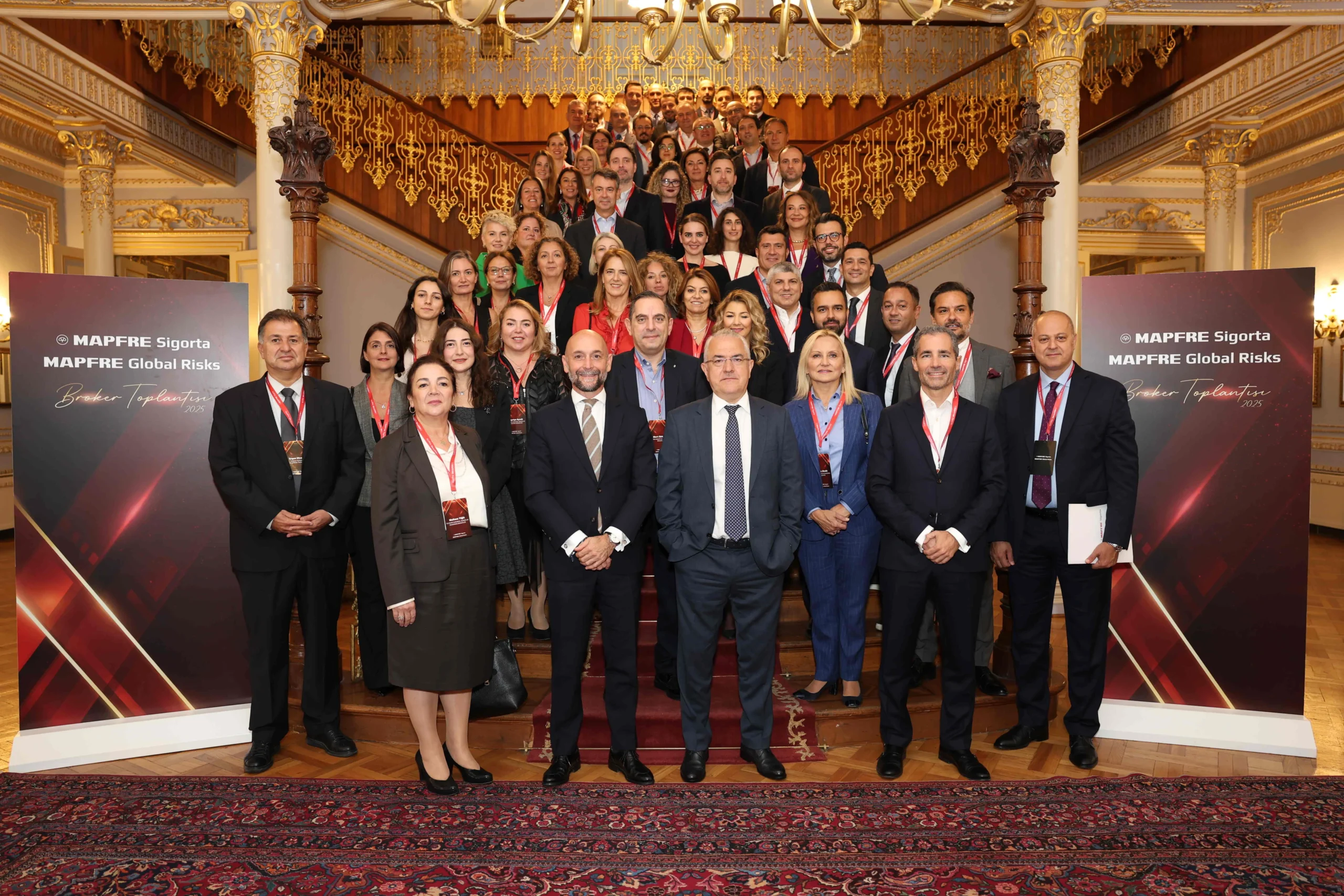



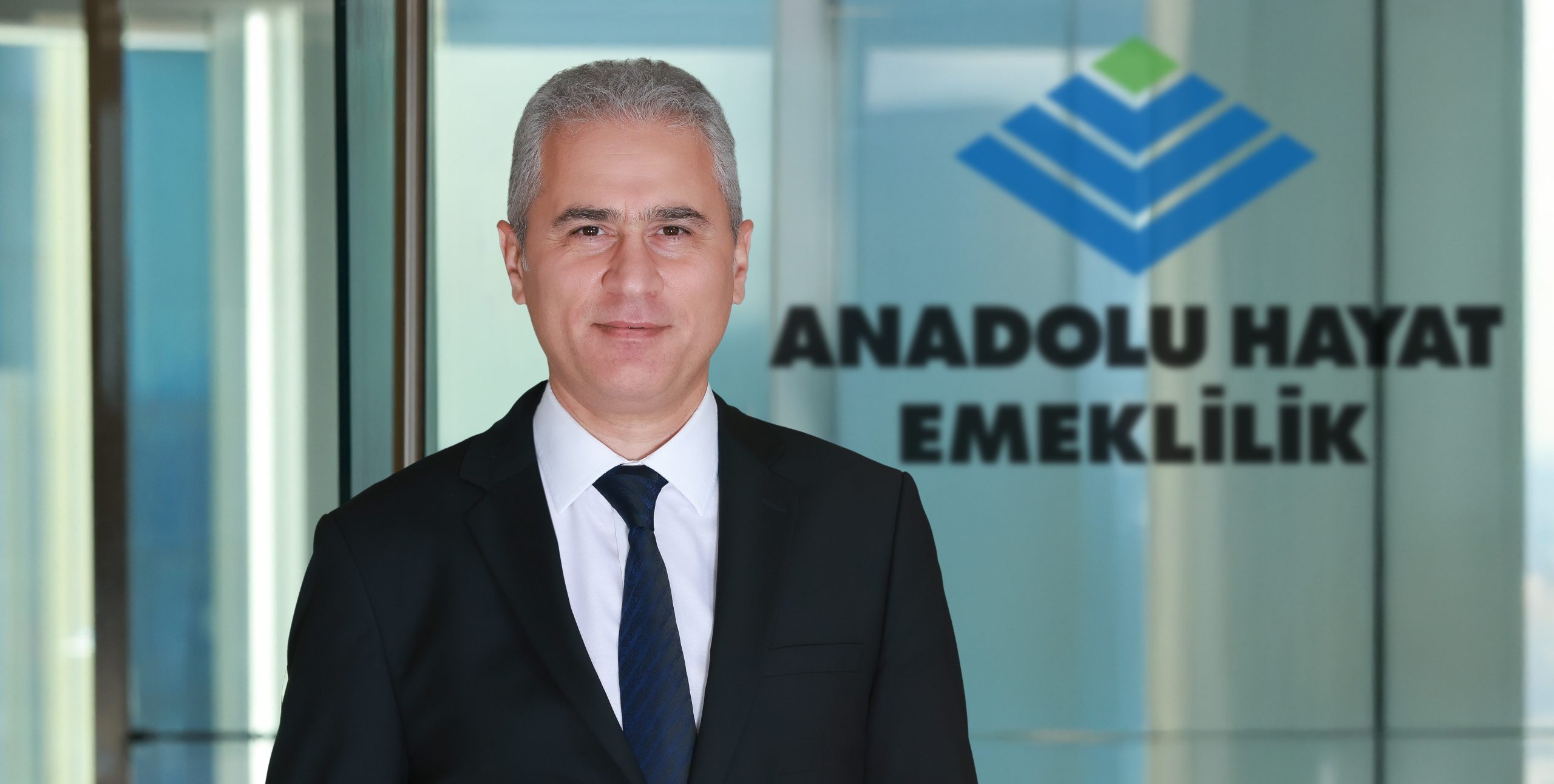

Sigortahaber.com, sigorta sektöründeki en güncel haberleri, analizleri ve gelişmeleri tarafsız bir bakış açısıyla sunan bağımsız bir haber platformudur. Sigorta profesyonellerine, acentelere ve sektöre ilgi duyan herkese doğru, hızlı ve güvenilir bilgi sağlamayı amaçlıyoruz. Sigortacılıktaki yenilikleri, mevzuat değişikliklerini ve sektör trendlerini yakından takip ederek, okuyucularımıza kapsamlı bir bilgi kaynağı sunuyoruz.
Yorum Yap